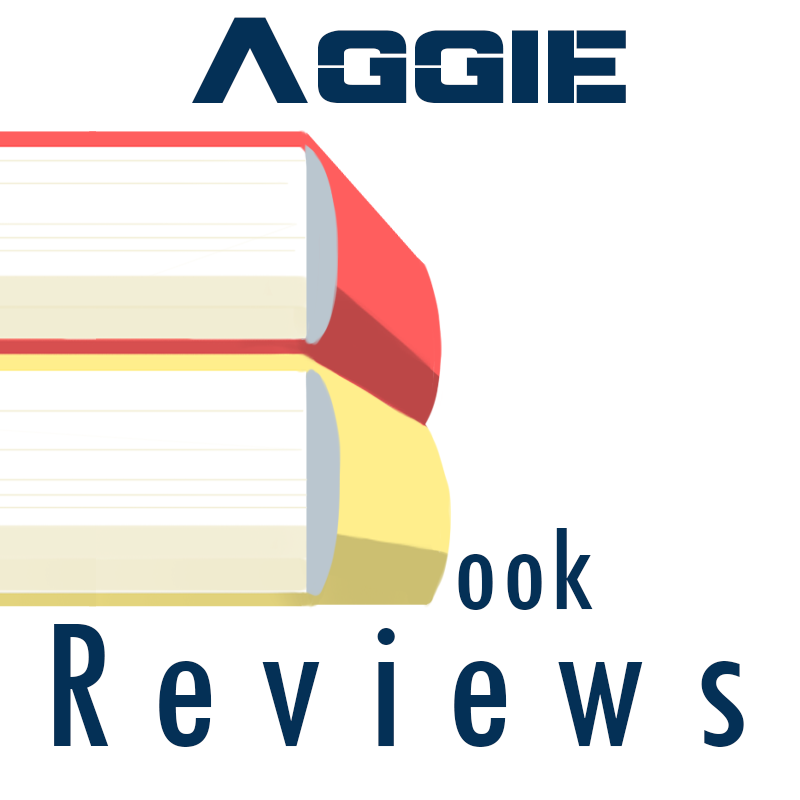REVIEW: World War Z
American culture seems to have a fascination with the concept of societal collapse. While there are many apocalyptic stories that have piqued the interest of millions of consumers, none is more relevant to the modern reader than “World War Z” by Max Brooks.
“World War Z” is a book set in the modern age about a contagious zombie outbreak and its subsequent effect on humanity. This book is significantly different from the movie. To say that the movie is a film adaptation isn’t fair because the book and the film share no plot similarities besides the presence of zombies.
While the book has many classic features of any great zombie horror story, the aspect of the novel that really sets it apart is the context in which the book is written. Compared to many zombie stories that occur within a small microcosm or community, “World War Z” explores the consequences of such an outbreak on a diverse and globalized world.
In a stark contrast to the movie, a plot focused on one protagonist as he attempts to survive and protect his family, the novel takes a more “wide” storytelling approach.
The narrator of the book is a journalist looking to interview survivors of the zombie war and document their experiences. Every chapter features dialogue with a new character who has their own unique slice of life. The reader is exposed to veterans of the war from South Africa, Japan, the United States and many other areas.
Through contrasting different accounts of the war, the reader is able to explore moral questions and consider the implications of different response methods. For example, countries in the book that isolated themselves and operated only with “the greater good in mind” had much higher survival rates than their more libertarian counterparts.
These philosophical, thematic elements serve a similar function to books like “Justice” by Michael Sandel, a standard work in ethical philosophy.
Just like “Justice” Brook’s book explores themes of consequentialism, individualism and realism. Do the ends justify the means? What does morality look like in a situation where society has collapsed? Such questions inspire the reader to think about their pertinence in the real world and the implications of these questions on global governance.
Throughout the story, Brooks uses his story and narration to engage in psychological commentary about the human condition. He explores the nature of conflict, and how humans respond to dire situations.
“World War Z” makes one think more about human behavior than a typical high school psychology class. One such example is on page 56, where Brooks writes “The only rule that ever made sense to me I learned from a history, not an economics, professor at Wharton, ‘Fear,’ he used to say, ‘fear is the most valuable commodity in the universe.”
At the end of the day, “World War Z” is an exploration of human nature. This book explores what happens when the social contract that binds us all unravels, like any good apocalyptic work. It’s a dive down into the abyss of man’s conscience, and the abyss is laid out before the reader’s eyes in the form of narrative.
“Man is flowing,” famous Russian novelist Leo Tolstoy once said. “In him there are all possibilities: he was stupid, now he is clever; he was evil, now he is good and the other way around.” The novel does a great job of encapsulating this sentiment.
The main takeaway from the book is impossible to say because the book captures man in all of his complexity. Just like many other great works of literature, the value of “World War Z” is not the concrete answers one can derive from it but the value of exploring and asking these crucial questions.
*Design by Nicholas Chaffin.
–kfors@gmail.com


World War Z’s opening salvo is terrific. Apocalyptic blockbusters usually take a while to crank up and tease what s coming, but this launches right into it without a single winking R.E.M. song. By the time you’re munching your first fistful of popcorn, an entire city (Philadelphia) is being overrun. Director Marc Forster plays the sequence beautifully, keeping the monsters virtually unseen and making the chaos unnerving in itself. It’s strong stuff. But it also sets the tone for what to expect in terms of gore, or lack of it. This is a movie in which millions of people die, but barely a drop of blood is seen. As for guts, forget it: these zombies — and the word is used regularly — don’t seem to have an appetite.